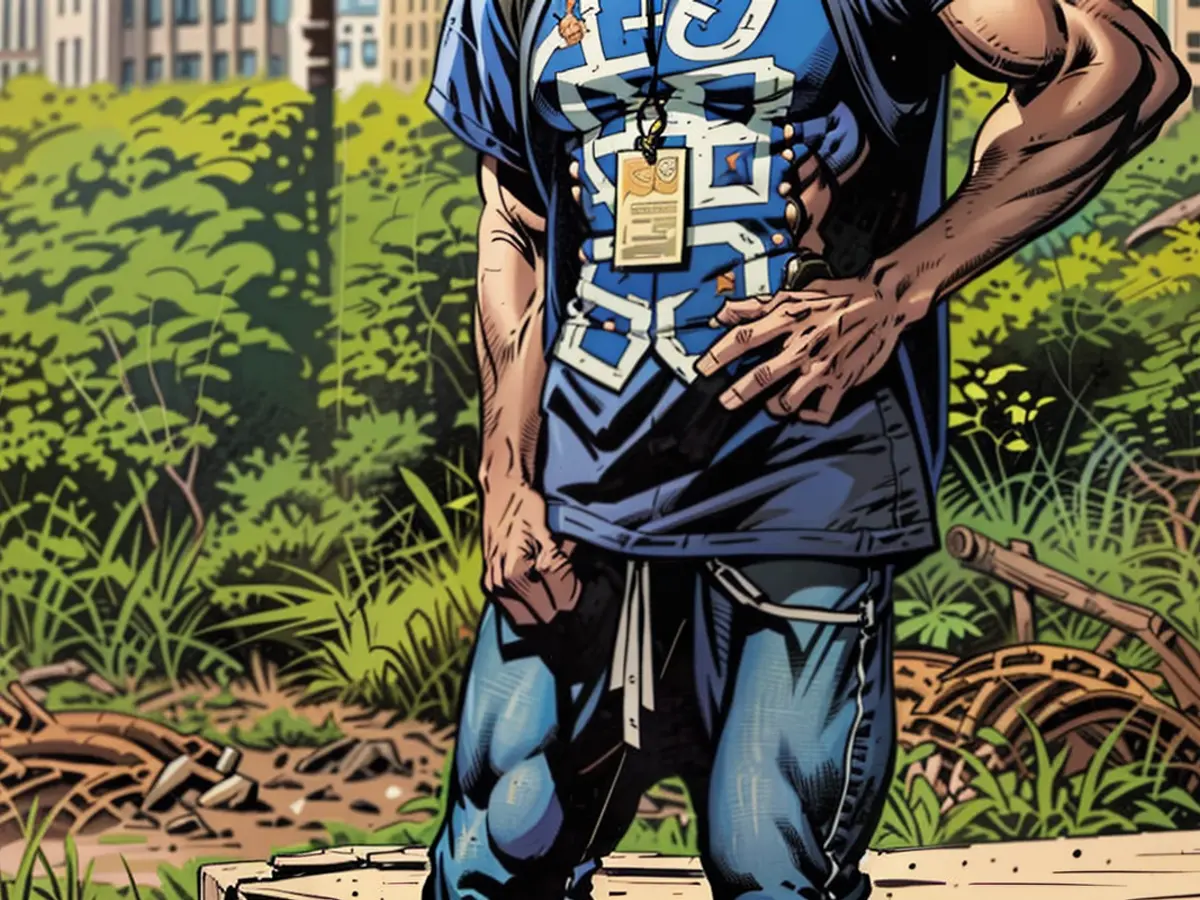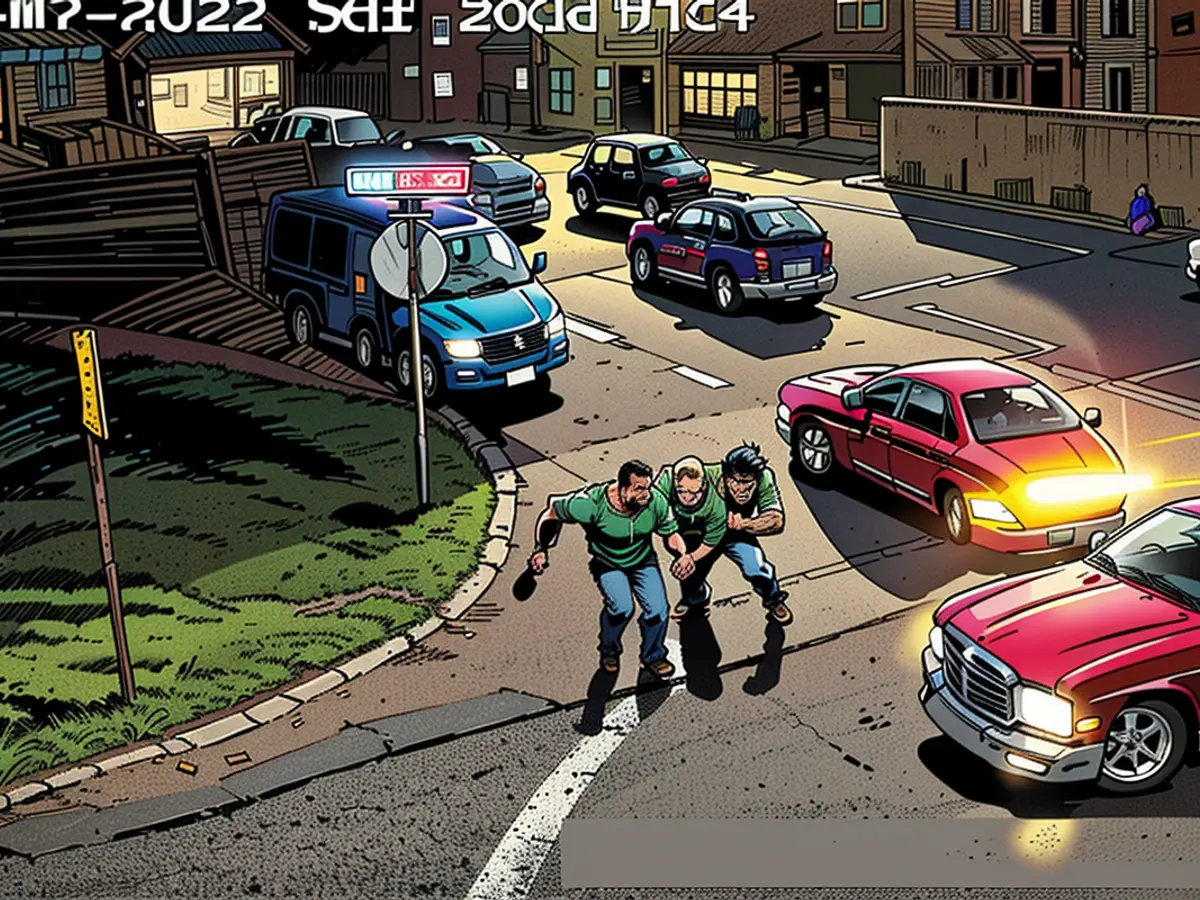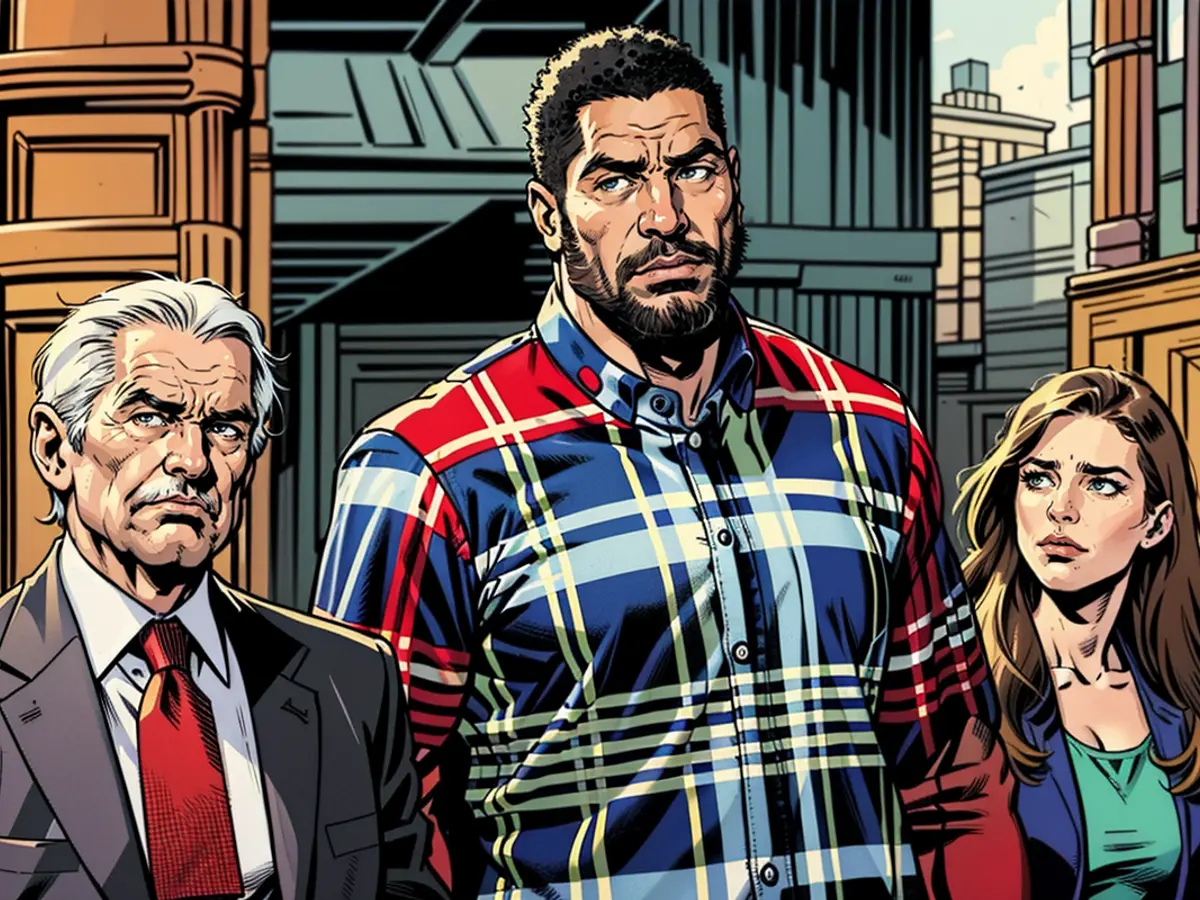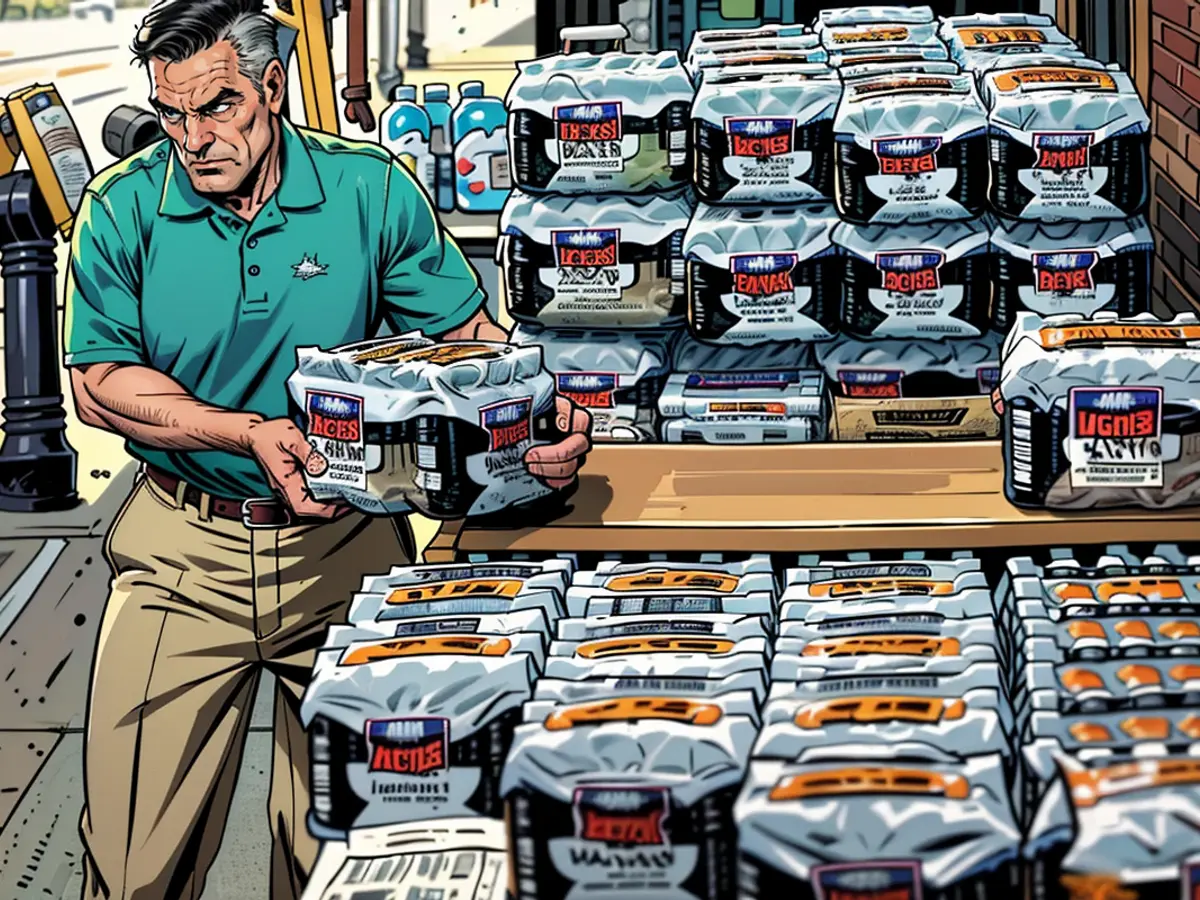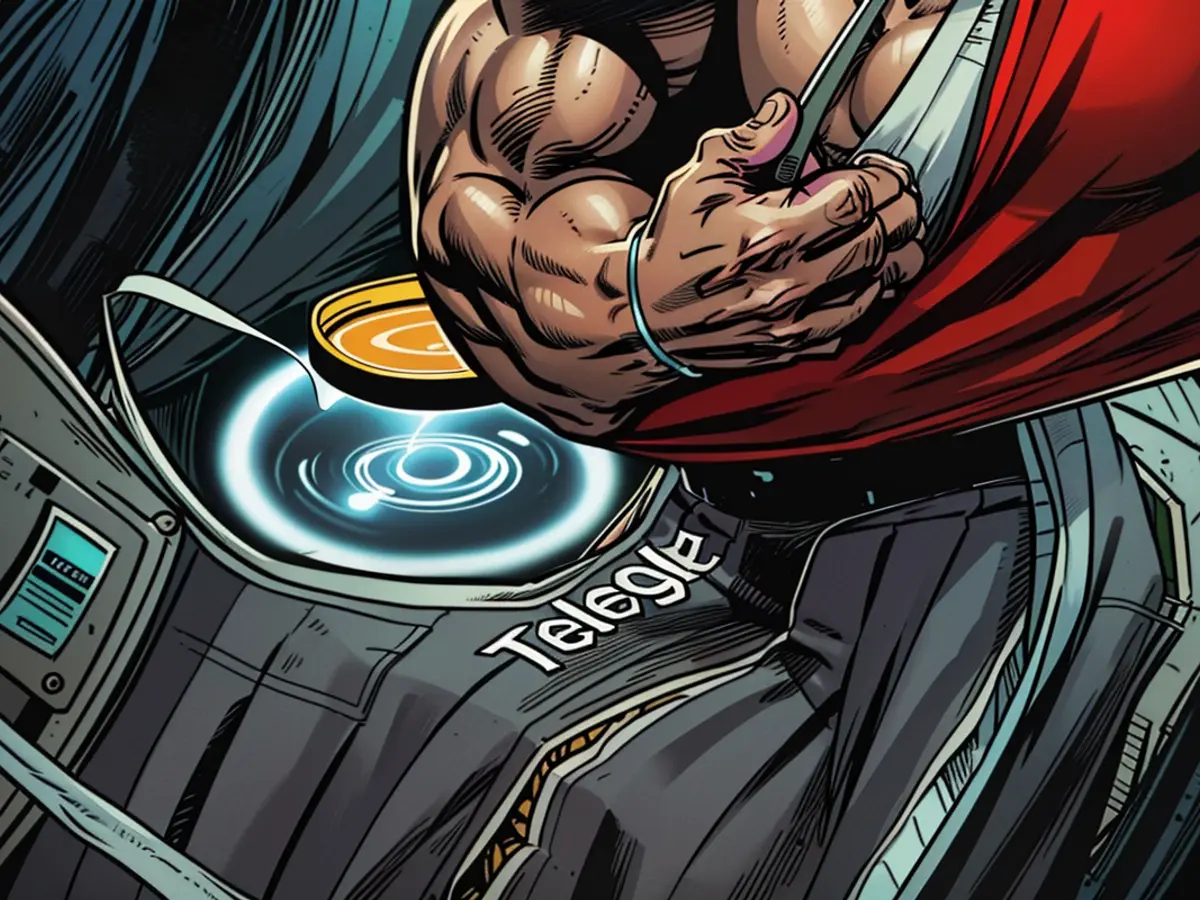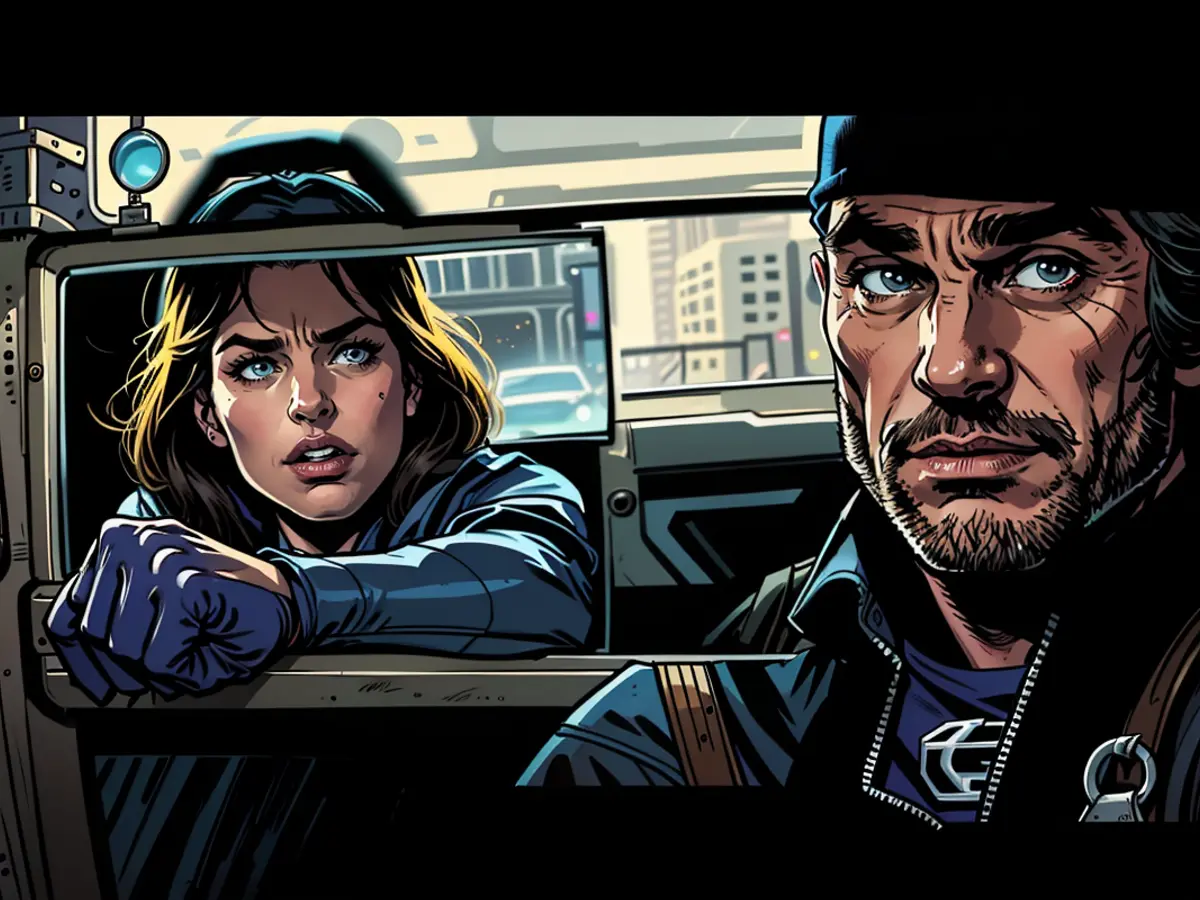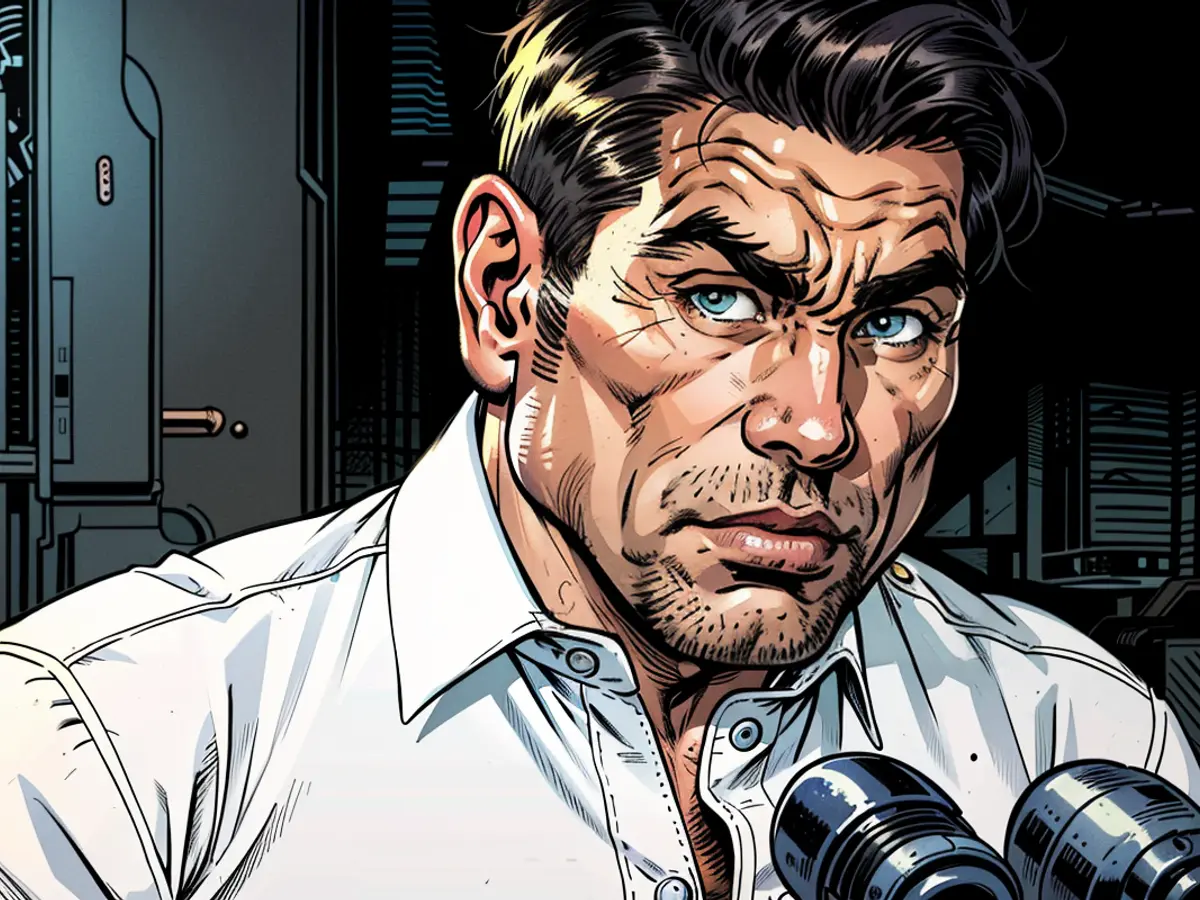Dans le témoignage, l'ex-officier a déclaré que Tyre Nichols ne représentait aucun danger quand il a été enlevé de force de son véhicule pendant l'arrêt.
Emmitt Martin le Troisième est apparu devant le tribunal lors du procès fédéral de ses anciens collègues Tadarrius Bean, Demetrius Haley et Justin Smith. Ces officiers ont plaidé non coupables aux accusations de violation des droits civils de Nichols par la force excessive et le non-intervention, ainsi que l'obstruction de la justice par le biais de la manipulation de témoins.
Martin, ainsi que Desmond Mills Jr., ont été précédemment renvoyés de leur service suite au décès tragique de Nichols en janvier 2023. L'incident brutal, capturé sur les images de la police, a été rendu public par la suite. Les officiers ont été ensuite inculpés par un grand jury fédéral. Martin et Mills ont choisi d'accepter des accords de plaidoyer et de témoigner contre leurs anciens collègues.
Pour la première fois, les jurés ont entendu directement d'un officier qui avait été impliqué dans la bastonnade de Nichols. Martin a partagé que l'unité Scorpion, une équipe de police de Memphis responsable de localiser les drogues, les armes à feu illégales et les criminels violents, exagérait les actions d'une personne envers eux pour justifier la force utilisée. L'unité Scorpion a été dissoute peu après le décès de Nichols.
Martin se souvient avoir rencontré Nichols, qui avait grillé un feu rouge et changé de voie sans clignotant, ce qui l'a poussé à suivre le véhicule de Nichols avec ses lumières de police allumées. Finalement, Haley a arrêté Nichols' Nissan et l'a appréhendé sans fournir d'explication pour l'arrêt.
Martin avait lui-même une arme à feu, rejoignant Haley dans la tentative de maîtriser Nichols tout en donnant des ordres contradictoires, comme ordonner à Nichols de rendre les mains, se mettre sur le ventre et placer les mains derrière le dos.
Malgré la résistance passive de Nichols à être menotté sans être informé de la raison de son arrestation, il n'était pas agressif, selon Martin.
Martin a déclaré : "Il n'était pas une menace."
Les images vidéo ont révélé que Nichols, un homme noir, avait été aspergé de gaz poivré et soumis à un taser lors de l'arrêt de la circulation, mais avait réussi à s'échapper. Les cinq officiers, qui étaient également noirs, ont poursuivi et assaulted Nichols en le frappant, le donnant des coups de pied et le battant avec une matraque de police, à quelques pas de chez lui tandis qu'il criait après sa mère.
Ancien Officier : Les Officiers de Memphis ne sont pas formés pour frapper ou donner des coups de pied aux individus menottés
Les images choquantes montrent les officiers discuter et trainer autour tandis que Nichols lutte contre ses blessures. Nichols est tragiquement décédé trois jours après la bastonnade le 10 janvier 2023.
During her opening statement, prosecutor Elizabeth Rogers informed the jurors that the attack was retribution for Nichols' attempt to escape – a common practice referred to in police slang as a "run tax."
Martin admitted that if someone attempts to escape his team, "you get beaten up." Further, he claimed that the officers justified using force against individuals by exaggerating their conduct throughout the arrest, as they were accused of lying on documentation describing the force employed against an individual.
Martin acknowledged the fact that Memphis officers are neither trained nor authorized to strike or kick individuals to handcuff them. Officers are responsible for intervening if other officers employ excessive or arbitrary force, which may potentially result in their termination and legal charges.
In the previous day's trial proceedings, the defense counsel had attempted to criticize the officers' training and policies by questioning Lt. Larnce Wright, who had trained all five officers and testified about handcuffing techniques and use of force.
Wright discussed the difference between active and passive resistance, describing passive resistance as a person's refusal to give up their hands to be handcuffed by pulling away, whereas active resistance involves assaulting officers with punches and kicks.
Martin Zummach, Smith's lawyer, questioned Wright regarding the explicit definition of active or passive resistance included in the police department's extensive training manual. Wright conceded that such definitions are not readily available in the manual.
Furthermore, Wright confirmed that handcuffs could potentially be utilized as lethal weapons. Officers had struggled to handcuff Nichols, and Zummach pointed out that Smith had successfully applied one handcuff to Nichols but was struggling to secure another.
When Zummach posed a question to Wright about whether a pulled handcuffed hand could be considered a deadly weapon, and if lethal force could be deployed, Wright answered affirmatively.
"Until a suspect is handcuffed, no one is safe. Do you agree?" Zummach inquired. Wright concurred, "Yes."
Kevin Whitmore, Bean's lawyer, asked Wright if officers are trained to persist with applying force until a suspect has been apprehended and detained. Wright acknowledged this to be the case.
"It's a dirty job," Wright stated.
Wright testified earlier in the trial, asserting that the officers should have utilized armbars, wrist locks, and other non-violent restraint techniques to subdue Nichols.
A forensic report revealed that Nichols, the father of a 7-year-old boy, had died from head injuries, along with brain trauma, cuts, and bruises on various parts of his body.
The five officers have also been charged with second-degree murder in a state court, where they have entered not guilty pleas. A trial date in the state court has yet to be set. Mills and Martin are expected to reconsider their pleas.
In court, Martin shared that during the Scorpion Unit's operations, they often exaggerated a person's actions to justify the force used, implying that this could potentially involve the 'us' (officers) as well. After Nichols' death, Martin and Mills decided to cooperate with the authorities and testify against their former colleagues.
